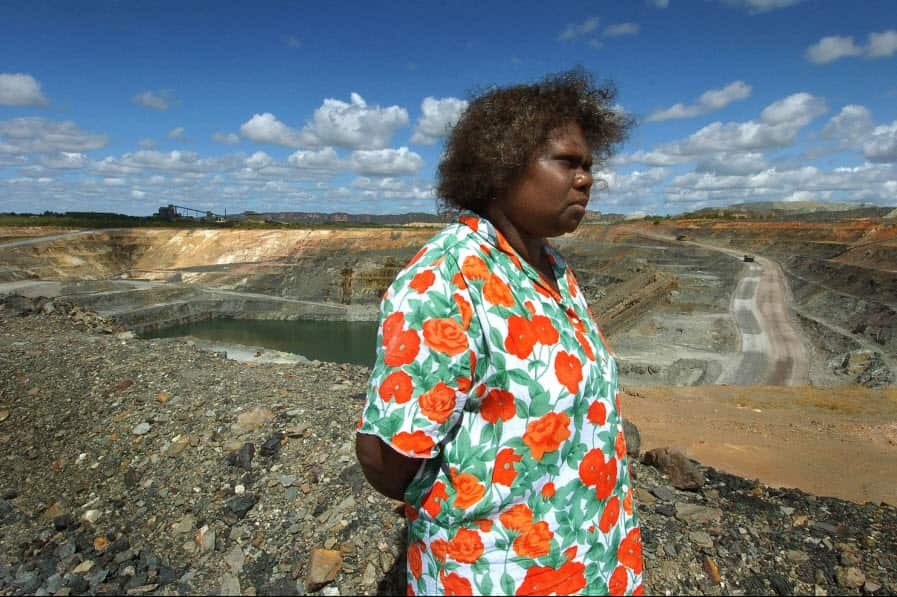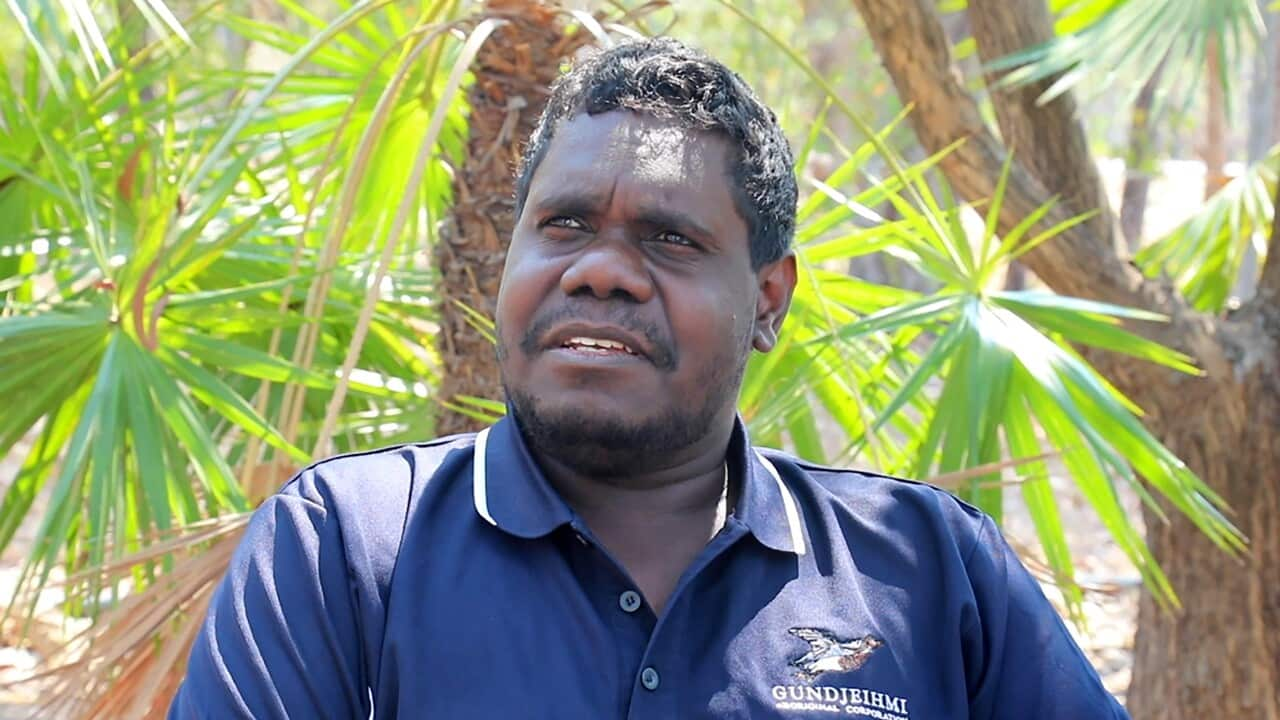After decades of resistance, Mirarr people are celebrating that there will be no uranium mined at Jabiluka.
On Friday Northern Territory Mines Minister Mark Monaghan, acting on advice from the federal government, refused an application from mining company Energy Resources of Australia (ERA) to extend the Jabiluka mining lease, wholly surrounded by Kakadu National Park.
Gundjeihmi Aboriginal Corporation, representing the Mirarr Traditional Owners of Jabiluka, said the decision finally brings to an end a decades-long fight.
“We have always said no to this mine, government and mining companies told us they would mine it but we stayed strong and said no,” Mirarr senior Traditional Owner Yvonne Margarula said.
“Today I feel very happy that Jabiluka will be safe forever.
“Protecting Country is very important for my family and for me.”
The Special Reservation, under the NT Mines Act, will protect Jabiluka from the threat of any mining, and takes effect from August 11 when the current lease expires.
Gundjeihmi Aboriginal Corporation chief executive Thalia van den Boogaard said the next steps for government will be to seek inclusion in the World Heritage estate and to work with Mirarr to establish a new set of arrangements to incorporate the area into Kakadu National Park.
“Jabiluka will never be mined and the internationally significant natural and cultural value of the site is finally being recognised and will now be protected,” she said.
Mirarr man Corben Mudjandi thanked both the NT and federal governments for doing the right thing and said traditional owners were looking forward to sharing their cultural heritage for decades to come.
“This day will go down in history as the day the Mirarr finally stopped Jabiluka, now my Aunties can rest easy knowing it is done,” he said.
“It is great day for the Mirarr people, for Kakadu, the Northern Territory and for Australia.”
This proves that people standing strong for Country can win.
Yvonne Margarula Source: Supplied
This decision ends decades of uncertainty about the project.
Prime minister Anthony Albanese said on Saturday that over the past 18 months, he and cabinet ministers Linda Burney and Tanya Plibersek had met with Mirarr representatives, who were seeking a guarantee that there would never be uranium mining on their land.
“This beautiful part of Australia is home to some of the oldest rock art in the world,” he told the NSW Labor state conference.
Decades of back and forth over mining the region
Uranium mining in the region has been a controversial issue since exploration began in the 1960s.
While uranium mining began in 1980 at the nearby Ranger site, also surrounded by Kakadu, the radioactive metal has never been mined at Jabiluka, but while the mineral lease was still active, uncertainty remained.
Plans to mine Jabiluka had progressed in the early 1980s but when Labor won government in 1983 under Bob Hawke, they were put on hold.
However, when the Coalition came to power with John Howard as prime minister in 1996, mining uranium at Jabiluka was again on the agenda.
Ms Margarula and other Mirarr people called on activists to help, leading to an eight-month blockade at Jabiluka in 1998, with hundreds of people arrested, to stop construction.
Mr Albanese said he was proud that his government will be working with the Traditional Owners to make Jabiluka part of Kakadu National Park, once and for all.
“This means there will never be mining at Jabiluka,” he said.
“The Mirarr people have loved and cared for their land for more than 60,000 years.
“Our government will work with them to keep it safe for all time.”
Ms van den Boogaard said Mirarr are very concerned that ERA has been in serious financial decline for the past 18 months.
“Focus now needs to be put on the rehabilitation of the nearby former Ranger uranium mine,” she said.
“It is up to the mining company and the Commonwealth Government to ensure that site is fully rehabilitated so it can be safely returned to the Mirarr and included in the national park.”
On Monday, , saying that the company had received an initial proposal to buy the mineral lease for $550 million from Boss Energy, but on Sunday that offered had been withdrawn.

